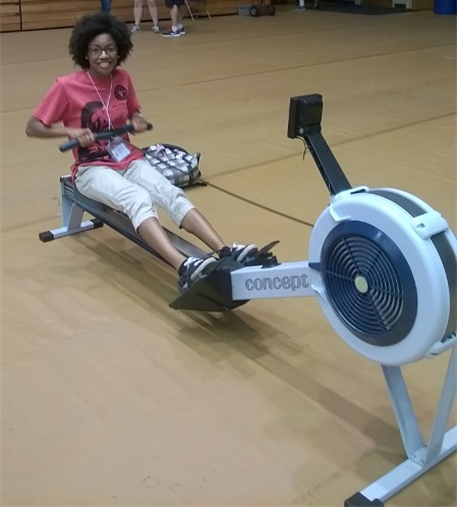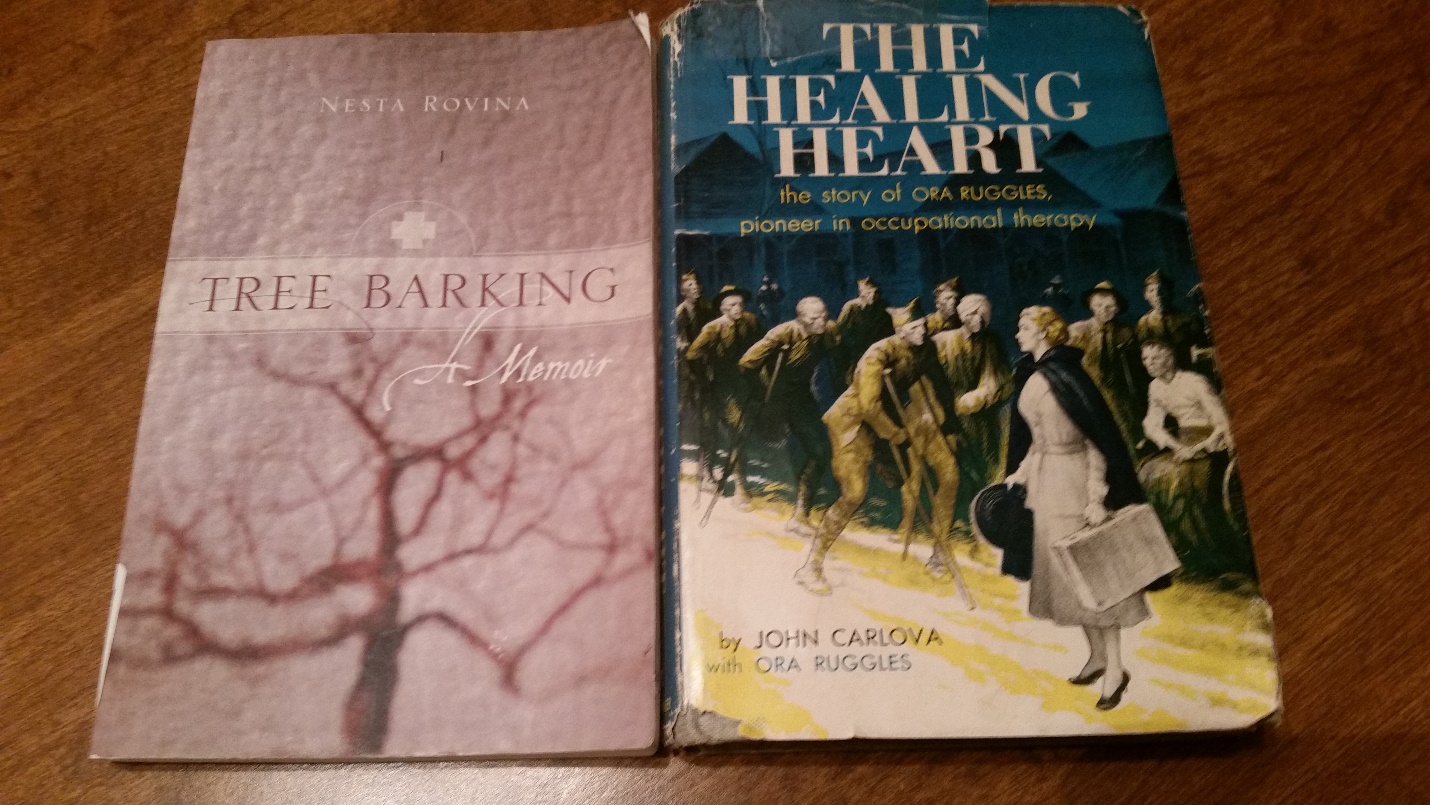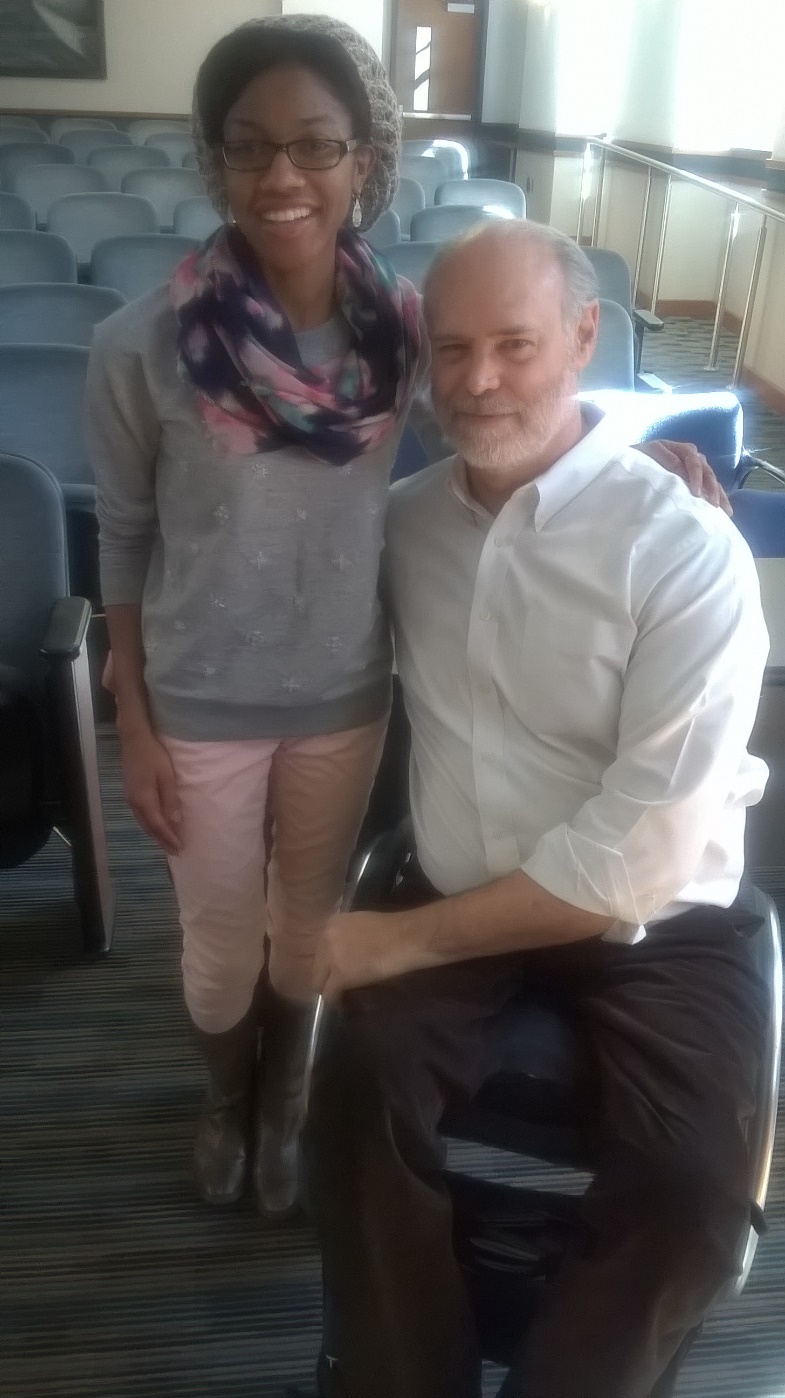32 Creative Ways to Gain OT Experience and Diversify Your Resume
Lauren Jones, University of North Carolina
Shadowing is a great way to learn about the profession and the broad range of interventions, tools, skills, and techniques OT practitioners use. Along with shadowing, you can learn a lot by interacting with people or organizations with experiences or missions relevant to OT, even if they don’t provide direct OT services. And who knows—they may appreciate your additional perspectives and end up incorporating OT into their program!
If you are having trouble finding practitioners (occupational therapists and occupational therapy assistants) to observe, or if you want to diversify your résumé and experiences, here are some suggestions for other kinds of activities that can provide relevant experience for occupational therapy students:
- Become an active member of local or campus groups for health professions, health advocacy, or disability awareness.
- Ex. Best Buddies
- Work at a camp for people with disabilities.
- Volunteer with a local chapter of a disability rights or advocacy organization.
- Babysit or nanny for children with special needs.
- Work as an administrator, receptionist, or therapy assistant in a clinic that provides OT.
- Volunteer in an integrated or special education classroom.
- Complete a thesis or get involved with a research project focused on health, rehabilitation, therapeutic interventions, or similar topics.
- Tip: Ask your professors or check out the research departments of local universities and/or hospitals.
- Volunteer with an adaptive dance program in your area.
- Ex. Dance for PD (Parkinson’s Disease)
- Take a course in a related field or on a topic relevant to occupational therapy practice.
- Ex. Health Policy, Disability Studies, Sign Language
- Attend or participate in a community lecture series or program on disabilities or health-related issues.
- Join your state or national Occupational Therapy Association and get involved with a team or committee that is of interest to you.
- Volunteer with programs like the Valor Games, Special Olympics, Paralympics, or state events that include people with disabilities in your area.
- Volunteer with an adaptive sports organization for youth or adults.
- Read relevant literature about the profession such as AOTA official documents, books about the history of the profession, research articles by program faculty, articles in OT-related journals, OT blogs, or professional magazines like OT Practice (check out the link to the Occupational Therapy: Values and Beliefs Series in OT Practice).
- Follow leaders and current issues in the profession on social media like Twitter, CommunOT, and Facebook.
- Facebook: 4OT groups; American Occupational Therapy Association; Pediatric Occupational Therapists group
- Twitter: #ASD_AOTA; #AOTAInc; #OTalk2Us; #OTalk
- CommunOT: AOTA's online community
- Conduct informational interviews with therapists in different practice settings.
- Read a book about the experience of a person with a condition or disability to learn more about how you could better serve future clients. Check out this post in CommunOT for reading suggestions and add your own!
- Attend or volunteer at conferences for professional organizations at the local, state, and national levels, including non OT-specific events (i.e., AOTA Annual Conference, NCOTA Conference, American Academy of Pediatrics National Conference).
- Complete a service project related to occupational therapy, health, or disability rights. Here are some community service ideas.
- Contact ASD leaders at asd@aota.org to share your perspectives.
- Give a presentation about OT at a local elementary, middle, or high school.
- Write an article for the AOTA OT Student Pulse newsletter. Submit article ideas here.
- Participate in an international service-learning trip to learn more about the beliefs and customs of people from different cultures and how OT is practiced in other countries.

- Become a mentor for a child or adolescent through a program like Big Brothers, Big Sisters.
- If you speak a language other than English, volunteer as an interpreter in a local community center or health clinic.
- Run for a leadership role locally, in your school’s SOTA, or nationally, in the AOTA Assembly of Student Delegates Steering Committee.
- Host an event to increase awareness of OT and resources available to local students and community members.
- Organize a fundraiser for a cause, program, or organization you are passionate about. Learn more about tips and ideas for successful fundraising.
- If you are eligible for work-study, apply for positions related to health services, disability services, health education, or similar departments at your school.
- Schedule a Boardroom to Classroom video chat with an AOTA leader for your classmates or SOTA.
- Participate in an #OTalk2Us or #OTalk chat on Twitter.
- Invite and host people with various diagnoses, life experiences, and disabilities to speak individually or as members of a panel at your school and your community.
- Gary Karp is an engaging public speaker and author who spoke at my school. His experience with regaining his ability to participate in valued occupations after being paralyzed in an accident allows him to effectively increase students’ and professionals’ awareness of how they can best serve clients with various disabilities.

Trying out the rowing machine while volunteering at the Valor Games Southeast

The Healing Heart by John Carlova and Ora Ruggles and Treebarking by occupational therapist Nesta Rovina are two of my favorite books about OTs.

Volunteering at the 2014 AOTA Conference in Baltimore, MD.
Celebrating the hike to the top of Pena de la Cruz in Nicaragua during an international service trip

Hanging out with author and speaker Gary Karp after his presentation
If you have any more ideas about activities that may be relevant to current and prospective OT students, please contact me at gottabeot1@gmail.com!
Lauren Jones is a second-year occupational therapy student at University of North Carolina and the author of theGotta Be OT blog. Her goal as a blogger is to provide the resources and information about applying and going to OT school that she wishes had been available when she went through the process 2 years ago. She is currently helping pave the way for current and prospective OT students by serving in her state OT association and AOTA as a social media manager, EDSIS Intern, and ASD Representative.
Lauren’s professional interests include working with military service members and families and helping develop programs and resources for OT students. When she’s not busy blogging, she enjoys bellydancing, reading, and staying connected with the online OT community. She can be reached at gottabeot1@gmail.com.